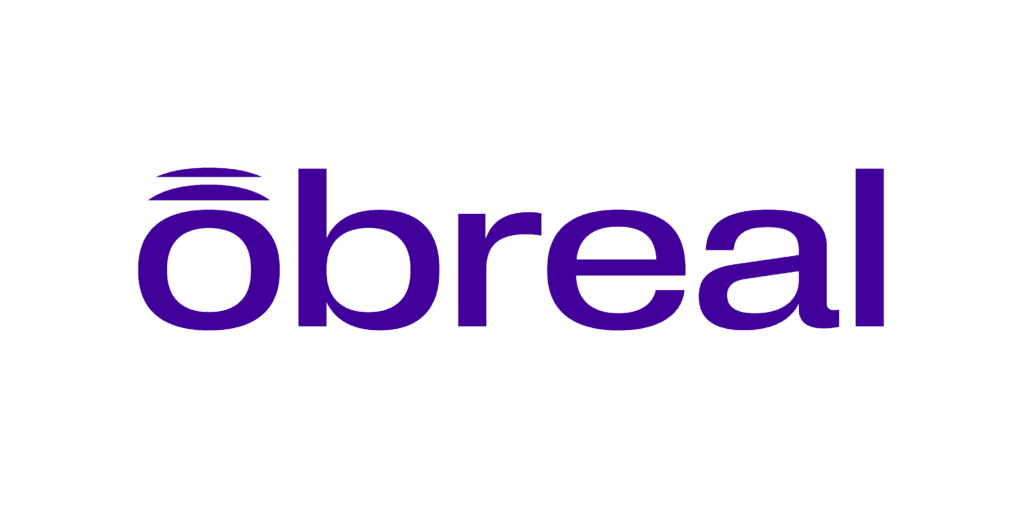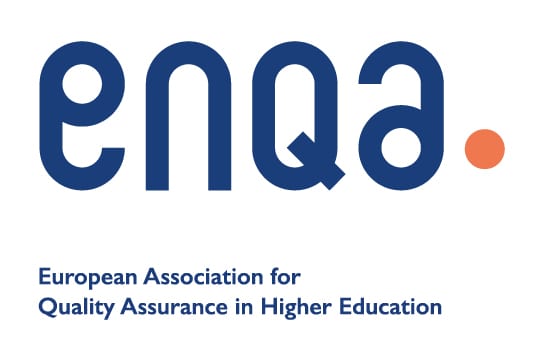Wail Benjelloun
Forum Replies Created
-
AuthorPosts
-
January 17, 2024 at 12:12 pm #814
Wail Benjelloun
To prof Villet, you will agree that the innovation battle is almost lost by the time our students get to university and have acquired a host of maladaptive “educational” behaviors, when educators around the world (cf, Finland, Singapore,…) tell us that innovation develops fastest when nurtured at a very early age. STEM adapted for three- and four-year-olds is making major headways in some regions of North America. This makes the job all the more difficult for us in Africa as we attempt to instill the reflex in students most comfortable with rote memorization. But we must identify strategies to challenge our students to innovate and create.
Finally, the legal clinics and capstone are indeed excellent strategies in developing the skills and aptitudes necessary to train productive citizens contributing to the economic development of their nation and region, and continent. We have to innovate to adapt such strategies in order to serve the increasingly larger numbers of students that many African universities receive every year, perhaps through digitalization and AI. I say all this not out of pessimism, but so that we realistically assess the magnitude of the task before us, not only in re-formatting our students, faculty and programs, but also in convincing decision makers to devote the necessary resources. The Africa we want requires these actions.
January 9, 2024 at 12:09 am #788Wail Benjelloun
The three presentations and the related documents are relevant well beyond the continent and really pose fundamental issues challenging all HE. The professors (and discussants) rightly point to the heterogeneity of African teaching methodologies (or absence thereof) but concur that African students must be encouraged to innovate and to become actors in their own learning experience. In this regard, I am tempted to recall the influence (positive, for once) of Internet, which stripped faculty of their near godly status as sole sources of knowledge in the classroom, and the effect of Covid on students who grew so tired of watching the backs of their teachers talking to the whiteboard or reading power-points on screen (I agree, Ramon), that they launched their own study groups and essentially took the learning process into their own hands. -
AuthorPosts






